Premium Only Content
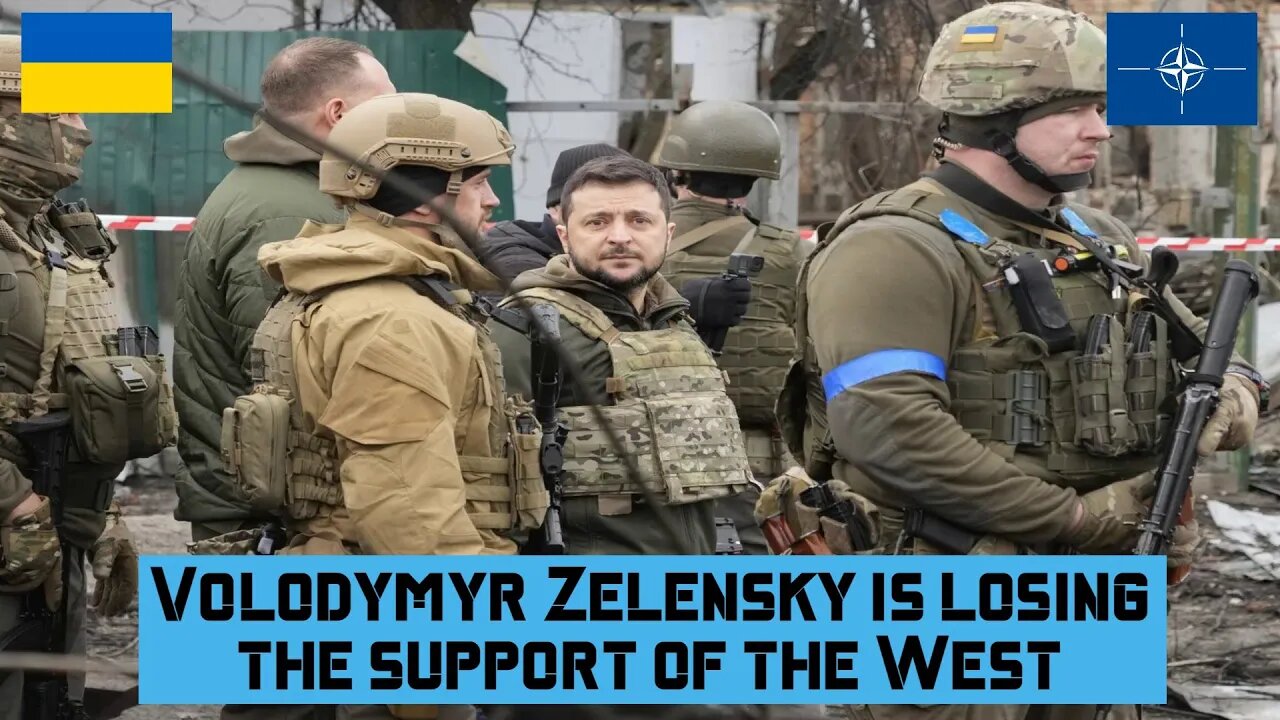
Volodymyr Zelensky is losing the support of the West #ukrainewar #ukraine #nato
Connect with us on Facebook: https://www.facebook.com/profile.php?id=100087951995959
Twitter: https://twitter.com/shieldwall_d
Volodymyr Zelensky is losing the support of the West. The Ukrainian president's response to the Poland missile incident highlighted tensions with some Western leaders at a time when the risk of war fatigue is growing. The first reports of the suspected missile strike in eastern Poland on 15 November were distinctly ominous. There had been an explosion in the village of Przewodów near the border with Ukraine. Two people had been killed. Russia was thought to be responsible. The Associated Press cited a senior US intelligence official as saying that Russian missiles had crossed into Polish territory. Poland’s government ministers rushed into an emergency meeting of the national security council in Warsaw. Polish military units were ordered to a heightened state of combat readiness. If the strike was found to be deliberate, it would mean that Russia had attacked a Nato member, which could then decide to invoke Article Five of the alliance’s treaty, according to which an attack against one member is considered to be an attack against them all.
On the other side of the world, the US president, Joe Biden, who was attending the G20 summit in Bali, was woken by his aides. In the early hours of the morning, wearing a T-shirt and looking distinctly sleep-deprived, he spoke by phone with Poland’s president, Andrzej Duda. Soon afterwards, Biden and the leaders of the other Nato countries at the summit, including the British prime minister Rishi Sunak, German chancellor Olaf Scholz, and French president Emmanuel Macron, gathered. A photograph of the meeting showed the leaders huddled together, their facial expressions uniformly tense.
From the outset, Biden urged caution, pointing to preliminary information about the missile’s trajectory and questioning whether it could really have been fired from Russia. The Polish prime minister, Mateusz Morawiecki, also warned against jumping to conclusions. “I am calling on all Poles to remain calm in the face of this tragedy,” he said in a late-night press conference. “We must exercise restraint.” Within hours, it was clear that the early reports were wrong and that there had been no Russian attack. Investigators concluded that the missile was likely a Soviet-era S-300 rocket fired by Ukrainian anti-aircraft defences in response to the Russian air strikes that had pummelled the country throughout the day. “This is not Ukraine’s fault,” stressed Jens Stoltenberg, Nato’s secretary-general, who is interviewed on page 24. “Russia bears ultimate responsibility.” Yet the incident laid bare the usually subterranean tensions between the Ukrainian government and its Western backers. Speaking on television on 16 November, Volodymyr Zelensky, Ukraine’s president, insisted that “it was not our missile” that struck Poland. He said that he had been personally briefed on the issue by his military leadership, and that he had “no grounds to doubt them”. When asked about Zelensky’s comments on his return to the White House the following morning, Biden responded curtly: “That’s not the evidence.”
====================================
We appreciate all of our viewers and supporters. Thank you.
====================================
Fair use is the right to use a copyrighted work under certain conditions without permission of the copyright owner. The doctrine helps prevent a rigid application of copyright law that would stifle the very creativity the law is designed to foster. It allows one to use and build upon prior works in a manner that does not unfairly deprive prior copyright owners of the right to control and benefit from their works. Together with other features of copyright law like the idea/expression dichotomy discussed above, fair use reconciles the copyright statute with the First Amendment.
====================================
-
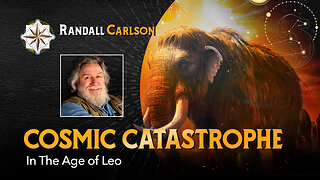 1:00:50
1:00:50
Squaring The Circle, A Randall Carlson Podcast
17 hours ago#035 Cosmic Catastrophe In The Age Of Leo - Squaring The Circle: A Randall Carlson Podcast
23.9K13 -
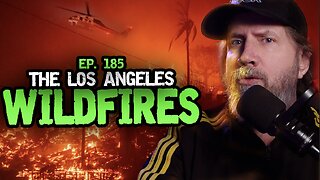 1:33:14
1:33:14
Jamie Kennedy
20 hours agoThe LA Fires...
16.4K5 -
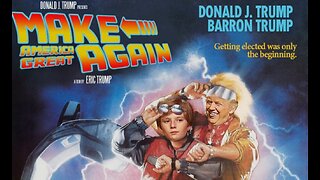 2:01:45
2:01:45
Quite Frankly
1 day ago"Inauguration Eve: Trump Time Travel Review" 1/17/25
27.3K18 -
 58:42
58:42
SGT Report
4 months agoYour REAL NEWS vs. CIA Mockingbird LIES -- Sam Anthony
155K95 -
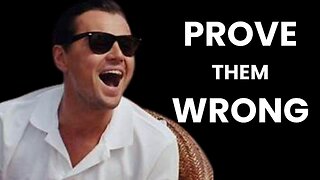 2:59
2:59
LimitlessAmbition
21 hours ago $2.95 earnedPROVE THEM WRONG With This POWERFUL Motivation!
36.4K1 -
 8:31:37
8:31:37
G2G Gaming Channel
10 hours agoGive me my Helmet, Im going in!! #RumbleGaming
65.1K1 -
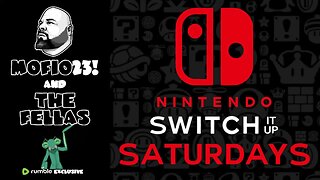 4:45:11
4:45:11
MoFio23!
8 hours agoNintendo Switch It UP Saturdays with The Fellas: LIVE - Episode #3
40.6K6 -

SquallRush
7 hours agoMarvel Rivals Collab
31.1K -
 8:36:24
8:36:24
stephengaming94
6 days agofar cry 5 live stream part 3
22.2K2 -
 2:03:28
2:03:28
Barry Cunningham
19 hours agoTRUMP DAILY BRIEFING: 2 DAYS TO GO - ARE YOU READY FOR HISTORY TO BE MADE?
54.6K89